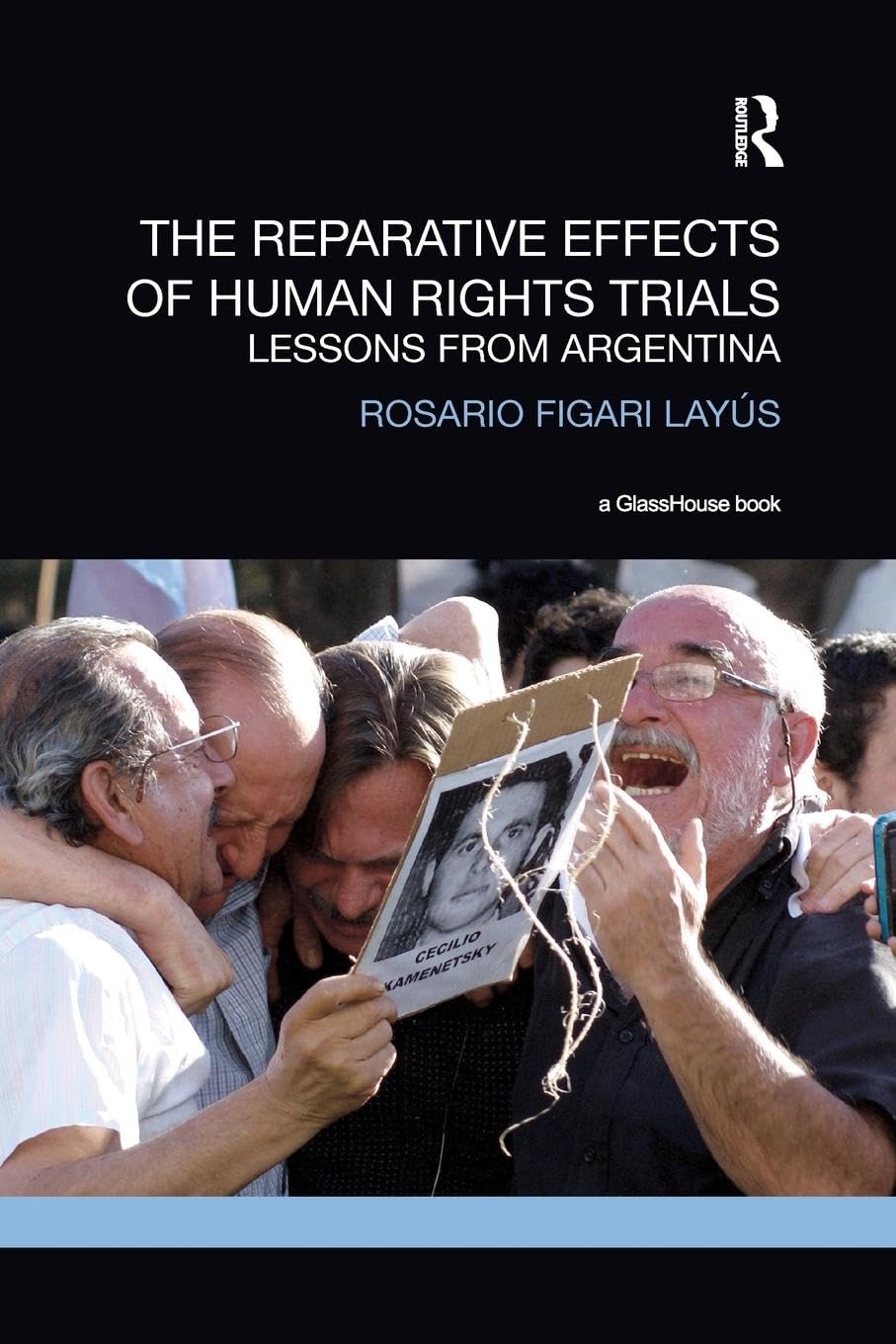The Reparative Effects of Human Rights Trials: Lessons from Argentina
The Reparative Effects of Human Rights Trials: Lessons from Argentina is backordered and will ship as soon as it is back in stock.
Couldn't load pickup availability
Genuine Products Guarantee
Genuine Products Guarantee
We guarantee 100% genuine products, and if proven otherwise, we will compensate you with 10 times the product's cost.
Delivery and Shipping
Delivery and Shipping
Products are generally ready for dispatch within 1 day and typically reach you in 3 to 5 days.
Book Details
-
Author: Rosario Figari Layus
-
Publisher: Routledge
-
Language: English
-
Edition: Illustrated
-
ISBN: 9780367191832
-
Pages: 222
-
Cover: Paperback (Illustrated)
-
Dimensions: 9.1 x 6.1 x 0.7 inches
-
Weight: Not provided
About the Book
Achieving justice in domestic courts is a key objective for victims of human rights violations, yet it remains a difficult goal to realize. In Latin America and beyond, human rights prosecutions have been seen as essential tools for ending impunity, fostering democracy, reinforcing the rule of law, and addressing the rights of victims. However, there is limited understanding of what transpires when these judicial mechanisms are activated.
This book delves into the impact of human rights trials in Argentina, particularly focusing on the prosecutions of those responsible for violations during the military dictatorship. It seeks to understand whether these domestic trials can help overcome the consequences of state violence and impunity, and whether they can bring about meaningful reparative changes for victims within their local contexts.
Through interviews with victims, lawyers, prosecutors, judges, and other stakeholders in five provinces of Argentina, this work provides valuable insights into how and why prosecutions can serve as a tool for reparation and contribute to addressing the aftermath of crimes against humanity.
Based on the author’s award-winning PhD thesis from the Philipps University of Marburg, this book is a vital resource for scholars, practitioners, and activists in the fields of transitional justice and human rights, offering critical perspectives on the potential of judicial processes to heal and transform post.





